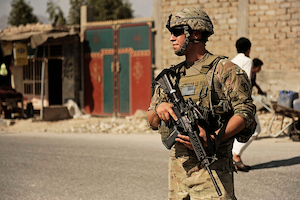U.S. Presence in Central Asia: Realities and Perspectives
By Nurlan Aliyev
May 27, 2020, the CACI Analyst
In early February, U.S. Secretary of State Michael Pompeo visited Kazakhstan and Uzbekistan. He was received by the two heads of states in Nursultan and in Tashkent, Pompeo attended a C5+1 Ministerial with the foreign ministers of the five Central Asian republics to stress “U.S. support for a better connected, more prosperous, and more secure Central Asia” (State.gov). These thoughts are reflected in the new U.S. Central Asia Strategy. (State.gov). The renewed U.S. interest in Central Asia comes against the backdrop of China’s growing economic involvement in the region and Russia’s strong political and security relations with the Central Asian republics. Despite the Trump administration’s declarations of commitment to enhancing relations with the regional states, the perspectives of the U.S. in Central Asia should be examined.
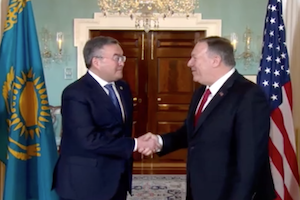
COVID-19 and Afghanistan's Conflict Dynamics
By Sudha Ramachandran
May 26, 2020, the CACI Analyst
The Covid-19 crisis is widely expected to have devastating impact on war-ravaged and resource-scarce Afghanistan, and could even extract a human toll that exceeds that on account of decades of fighting in the country. However, the pandemic has the potential to bring positive change. It provides space to the main conflict actors to co-operate in providing treatment to people in parts of the country that are under Taliban control and thus beyond the reach of government health workers. It will require the conflict actors to silence their guns and at least temporarily put aside their decades-old hostility.
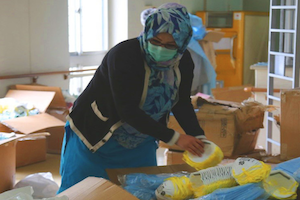
Central Asia Caught in Economic Perfect Storm amid Oil Price Collapse and COVID-19 Pandemic
By Azad Garibov
May 12, 2020, the CACI Analyst
The collapse of oil prices and outbreak of a pandemic seems to catch Central Asia in an economic perfect storm. Some regional energy exporters will suffer directly from low oil prices and the pandemic; others will face adverse economic consequences more indirectly, in the form of reduced gas demand in China or decreased remittances sent by migrant workers.
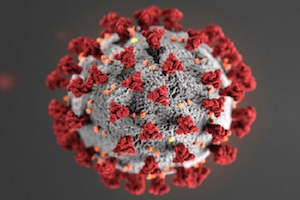
The Eurasian Union Flunks Its Stress Test
By Stephen Blank
April 27, 2020, the CACI Analyst
Crises are often telling indicators of an institution’s fitness. The Coronavirus pandemic is currently putting governments and regional institutions like the EU under profoundly challenging stress tests. Another such regional institution is the Eurasian Economic Union (EEU), which Russian President Vladimir Putin and its champions have claimed is organized along the lines of the EU. Whatever the EU’s successes or failures, it is clear that the EEU has failed to display even a semblance of the EU’s cohesion. Moscow has simply disregarded the interests of its partners and pursued a sharply unilateralist policy that seriously complicated if not threatened its partners’ economies, particularly in Central Asia.
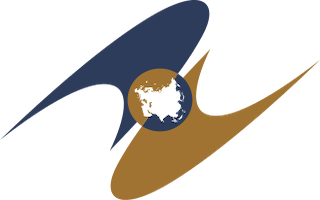
Central Asia Nervously Awaits Withdrawal of Foreign Militaries from Afghanistan
By John C. K. Daly
April 8, 2020, the CACI Analyst
After 18 months of negotiations, the U.S. and the Taliban signed their bilateral landmark “peace agreement” in Doha on February 29, alongside representatives from more than 30 nations. Afghanistan’s northern neighboring post-Soviet states, Tajikistan, Uzbekistan and Turkmenistan, are concerned whether Afghanistan’s post-ceasefire instability will intensify and subsequently spill across the borders after foreign military missions withdraw. If the unrest roiling Afghanistan erupts into open military confrontation following the departure of foreign military forces, the question is whether the three nations alone can mount an acceptable response, particularly Turkmenistan whose international neutrality stance is recognized by the United Nations.
